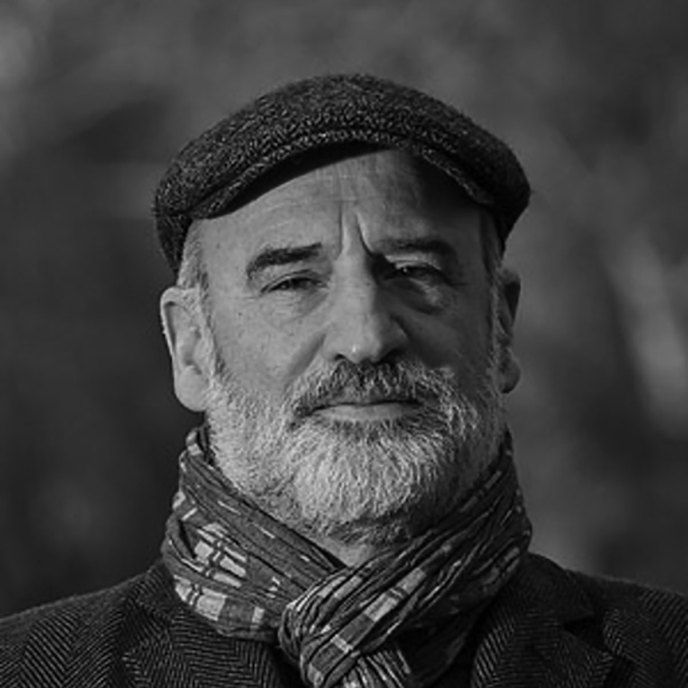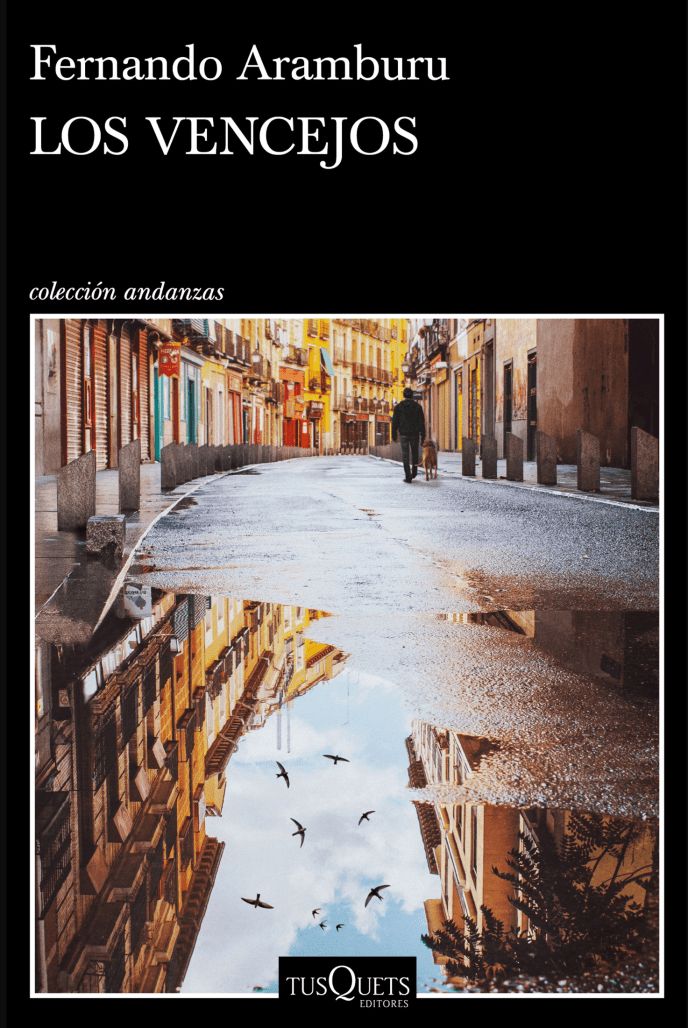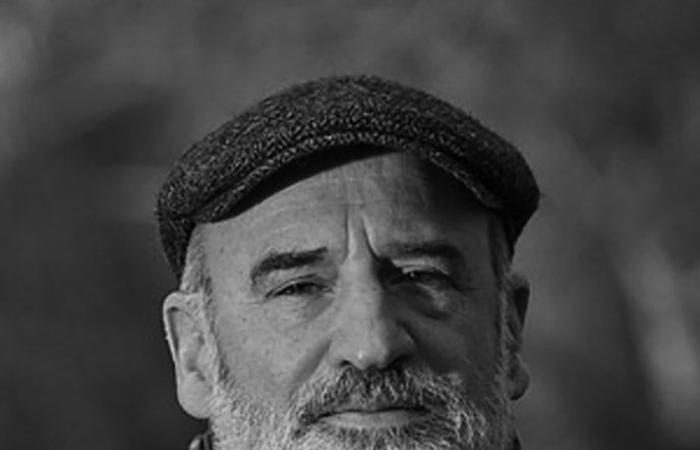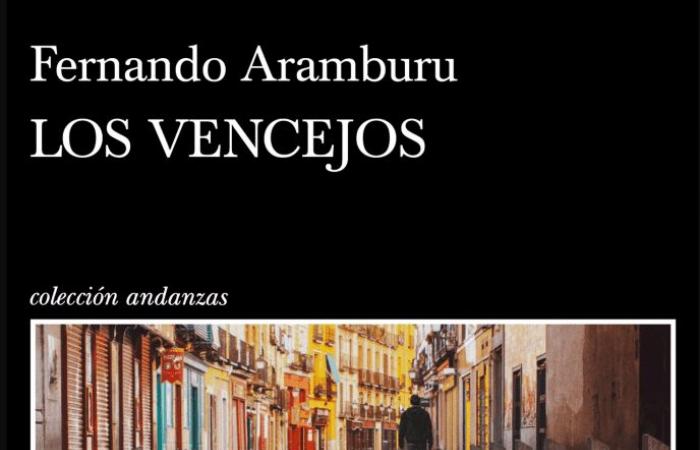The overcome, by Fernando Aramburu, part of suicide as a narrative engine. The protagonist is not in crisis; He is not desperate or impulsive. He has work, health, economic resources, a child. But he does not find meaning to life. And, as you don’t find it, he decides to put an end.
I just finished reading The overcome, The most extensive novel and, perhaps, the bravest of Fernando Aramburu. Not because of its language – which sometimes folds to a simplicity that hurts, which is realistic – or for its plot, which seems to have no urgency. What moved me was Toni’s radical decision, the protagonist: a man who, from the first pages, announces that he has decided to die. It has a plan, a date and a year ahead. And, in the meantime, he writes. What we read is, in reality, the chronicle of a farewell.
Unlike other novels in which suicide appears as an epilogue or as a consequence of an unresolved conflict, The overcome It is a novel that starts from suicide as a narrative engine. Toni is not in crisis; He is not desperate or impulsive. He has work, health, economic resources, a child. But he does not find meaning to life. And, as you don’t find it, he decides to put an end. Your plan does not include melodrama or revenge. He simply believes that living is no longer worth it, and wants to do it with the same autonomy with which he has tried to live his life.
This structure dislodged me. You expect, while reading, something that redimates it happens, that saves it, that makes you change your mind. But not. Toni does not seek comfort or understanding or love. He is an exhausted man, tired of human ties, of memory, of the decline of body and time. And there, precisely, lies the strength of the novel: it faces us, bluntly, an uncomfortable idea, often silenced, but inevitable for the human condition. The idea that, perhaps, living is not always an imperative. That life is not sacred in itself. That death can also be a lucid decision.
Reflecting on this, of course, forces us to look beyond the book. To ask ourselves about euthanasia, assisted suicide, the right to die with dignity. To review the laws, the countries where it is legal, the cases that have marked public opinion. I inevitably think of Inside, Alejandro Amenábar’s film that portrays the real story of Ramón Sampedro, that Galician man who, after being tetrapléjico, fought for thirty years to allow him to die. I didn’t ask for compassion. I didn’t ask for mercy. I asked for freedom. The same freedom as Toni, the character of Aramburu, exercises from the first page.
Today, countries such as the Netherlands, Belgium, Spain, Luxembourg and Canada have legalized euthanasia and suicide assisted under very specific conditions. In 2024, in the Netherlands, 5.8% of the deaths were in Euthanasia. In Spain, since Organic Law 3/2021, more than 1,500 people have requested help to die, and the number is increasing. The figures are not scandalous, but they are enough to say that there is an open conversation, and that many people – very sick, sick, alone – are starting to say “enough.”

The overcome, In that sense, it is a deeply contemporary novel. It reminds us that suicide is no longer just a matter of mental health or existential crisis. It can also be an ethical, philosophical decision, even political. And who are we to prevent it?
What impacts me most about Toni is not his decision to die, but his way of living that last year. He lives it by writing. He lives it by reflecting on his childhood, about his parents, about his son Nikita and the difficult relationship they have. He lives it by remembering his brother, his best friend, his great love. He lives it with a sobriety that scares. There are days when you feel good, others in which you doubt. But the purpose does not change. Death awaits him. And he doesn’t flee. Not even run.
This forces me to ask me what idea we have of suicide as a society. Is it just tragedy? Is it always a disease signal? Is it an act of selfishness, as many claim? Or could it be, in some cases, a ultimate expression of freedom?
Personally, I don’t have a definitive answer. I have trouble thinking about the death chosen as something desirable and yet I understand its logic. I understand that there are people who feel that they have already said everything, that they do not want to see more hospitals, who do not want to continue dragging a body that they no longer recognize. And I also understand – thanks to Aramburu – that there are those who simply do not want to continue. Not because they are depressed, not because they are sick, but because they no longer find something that ties them in the world.
Toni is not a hero or a martyr. It does not intend to become a symbol of anything. He is just a tired man. But it is also a powerful voice. A voice that resonates in these times when body and emotional autonomy begins to occupy the place it deserves. And that voice, although literary, is deeply political.

The overcome, I realize, it is a novel that has something very essential: talks about decisions that others consider inadmissible. In The overcome Toni says goodbye to the world without asking permission, and with that he is convicted, in a way, for exercising his freedom.
That’s why I invite you to read The overcome as more than a novel about suicide. It is a work about dignity. About the right to decide. About the need to put words – as hard – to what we prefer to shut up. In an era when it is required to make visible everything, in which the politically correct regulates the speeches, this novel forces us to look where it hurts. Not to turn your back. To ask ourselves: what if it was me?
And perhaps, after closing the book, we don’t have a clear answer. But we will have thought. And that, sometimes, is the beginning of all transformation. ®
Do you want to contribute to the discussion or the reflection? We will publish your comment if this is not offensive or irrelevant. Replicante He believes in freedom and is against censorship, but he does not have the obligation to publish expressions of readers who are contrary to intelligence and sensitivity. If you agree with this, go ahead.
- -








